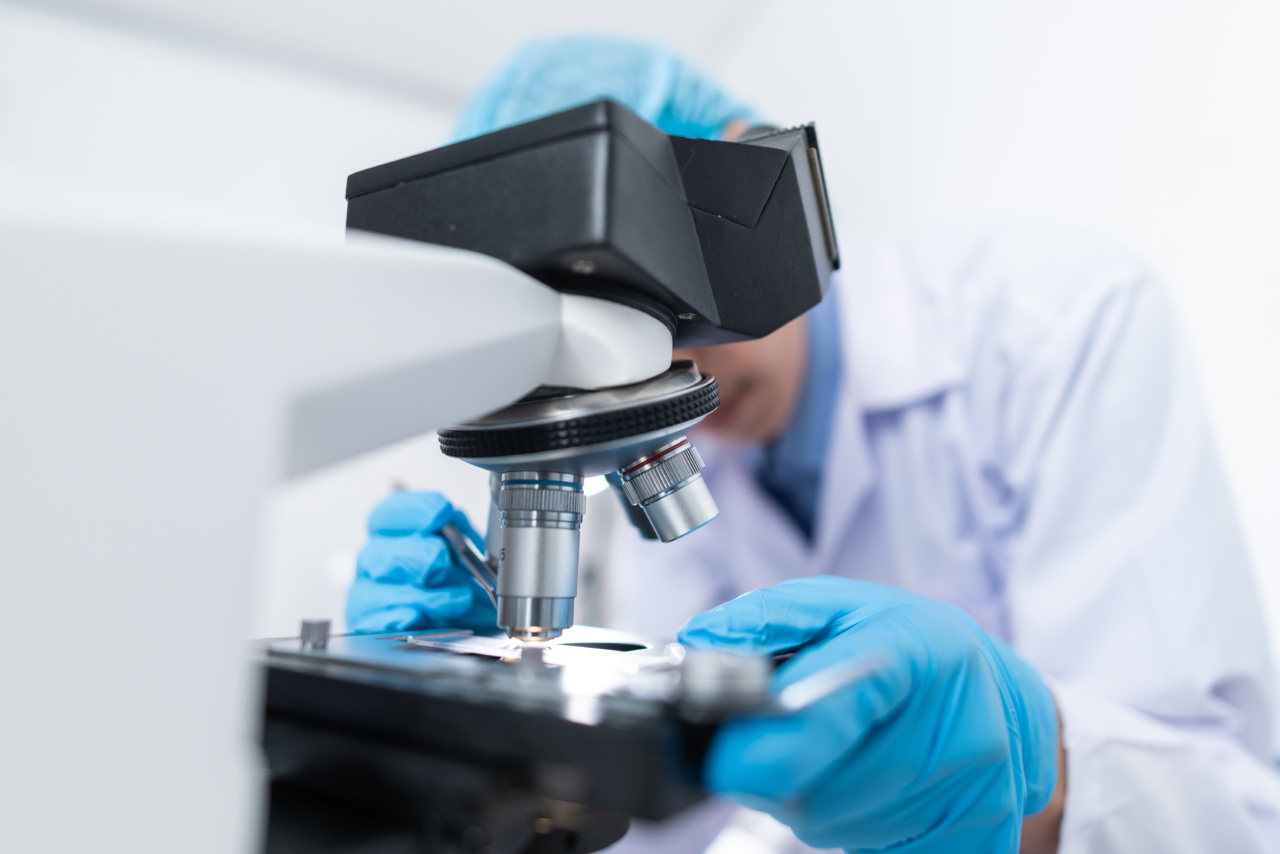Researchers from the University of Edinburgh have successfully created a lab-made thymus, which could significantly improve treatment for potentially-fatal diseases.
What is the thymus?
The thymus is an essential organ in the immune system, responsible for producing T-cells, which help defend against disease and infection. As we age, the thymus shrinks and produces fewer T-cells, which can make us more susceptible to illness.
Why is a lab-made thymus important?
A lab-made thymus could be a game-changer in the treatment of diseases like cancer, HIV/AIDS, and autoimmune disorders like lupus and multiple sclerosis.
By engineering T-cells outside the body in a lab-made thymus, doctors could provide patients with a tailor-made immune system that is better equipped to fight their specific disease.
What did the researchers do?
The researchers used a 3D-printed scaffold to create the lab-made thymus, which was then seeded with human thymus cells. They then transplanted the lab-made thymus into mice, where it successfully produced functional T-cells.
The next step is to test the process in larger animals and eventually in humans.
What are the implications?
If the process is successful in larger animals and humans, it could revolutionize the treatment of diseases like cancer by improving the efficacy of immunotherapy, which uses the body’s own immune system to fight cancer cells.
Currently, immunotherapy has shown promise but is not effective for all types of cancer. A tailor-made immune system created in a lab-made thymus could significantly improve the success of immunotherapy and other treatments.
What are the limitations?
While the development of a lab-made thymus is promising, there are still limitations and challenges to overcome. One of the biggest challenges is the potential for rejection of the lab-made thymus by the patient’s body.
In order for the lab-made thymus to be effective, it needs to be accepted and integrated into the patient’s immune system. Another limitation is the cost and resources required to produce a lab-made thymus, which could make it prohibitive for many patients.
What’s next?
The researchers are continuing to study the lab-made thymus and working to optimize the process. They hope to eventually conduct clinical trials with human patients, although that is still several years away.
In the meantime, the development of a lab-made thymus is a promising step forward in the field of immunotherapy and personalized medicine.
Conclusion
The development of a lab-made thymus is a significant breakthrough in the field of immunotherapy and personalized medicine.
While there are still limitations and challenges to overcome, the potential benefits for patients with diseases like cancer and autoimmune disorders are huge. The next step is to test the process in larger animals and ultimately in humans, which will require significant resources and funding. Nonetheless, the development of a lab-made thymus is a promising step forward in the fight against disease.































